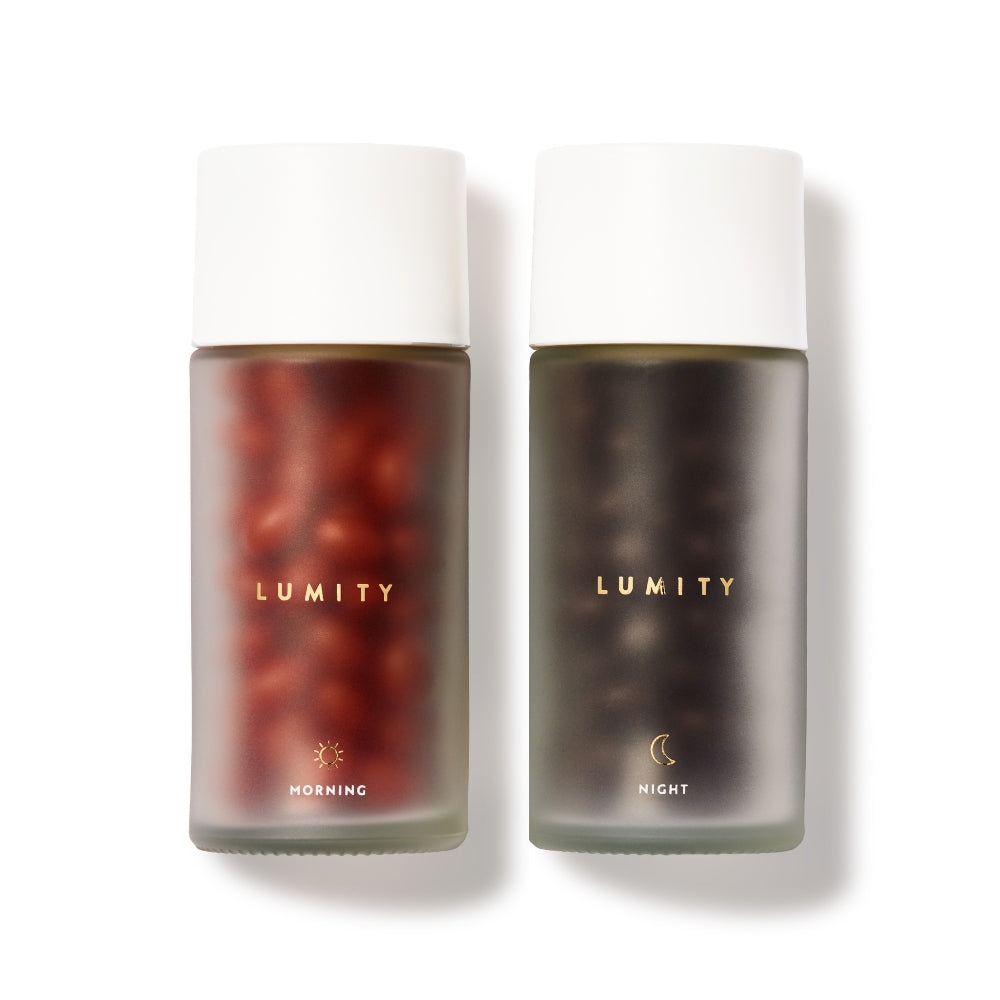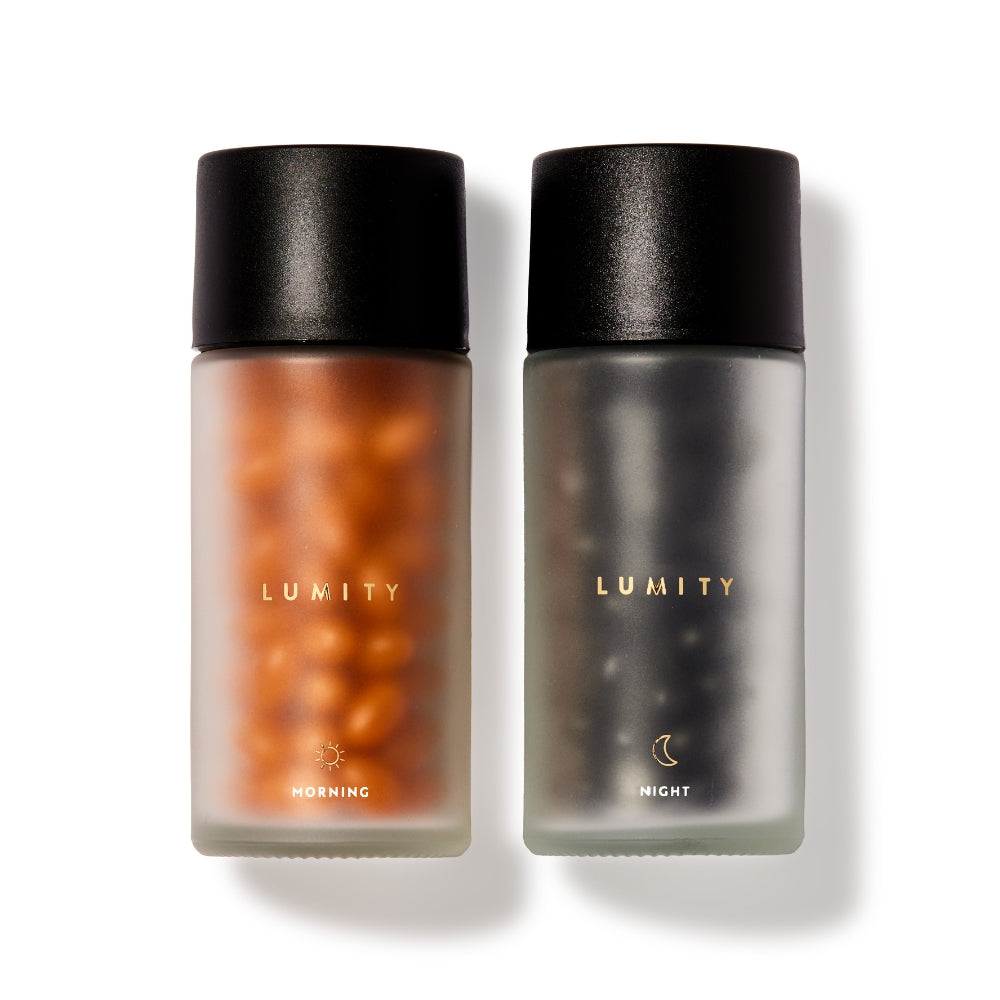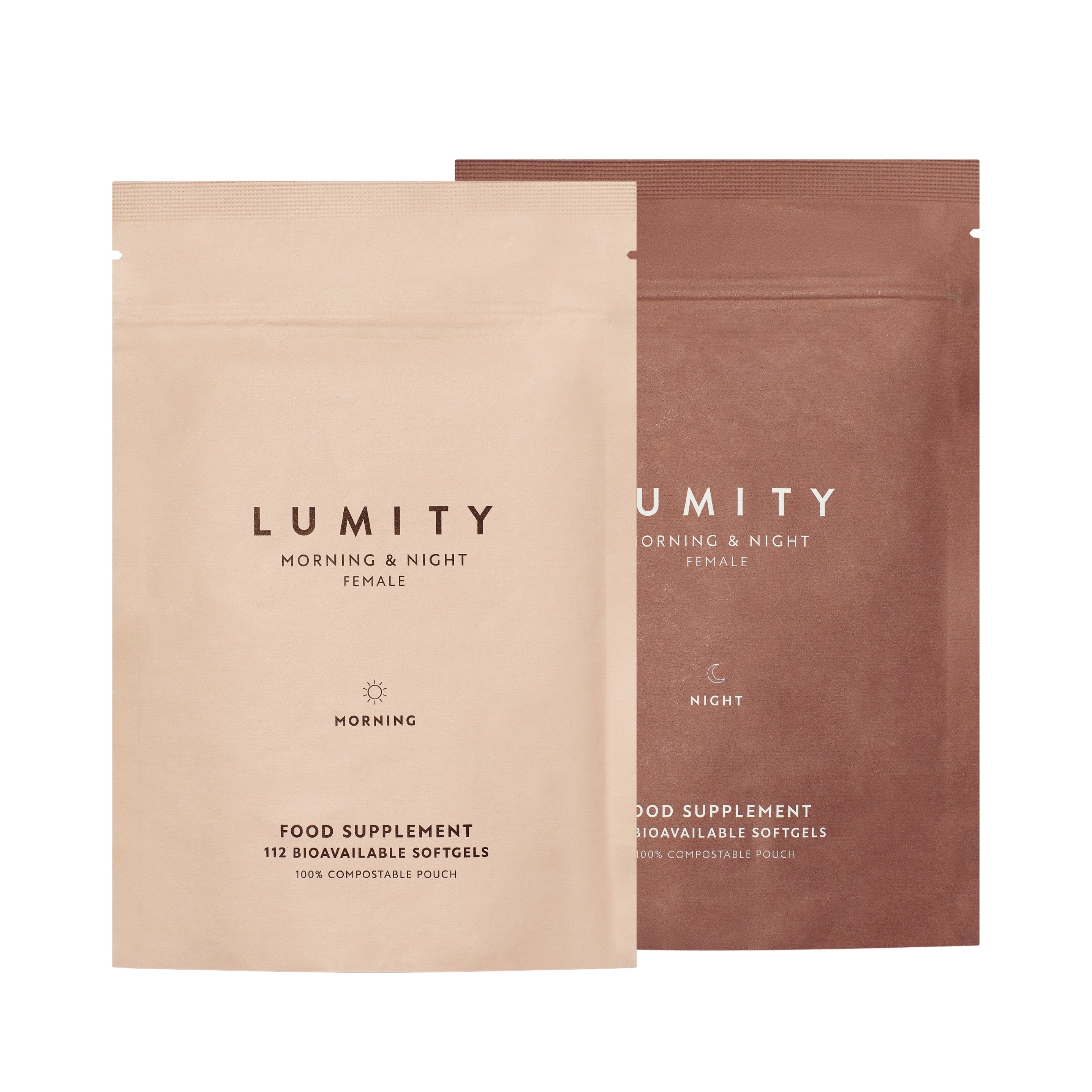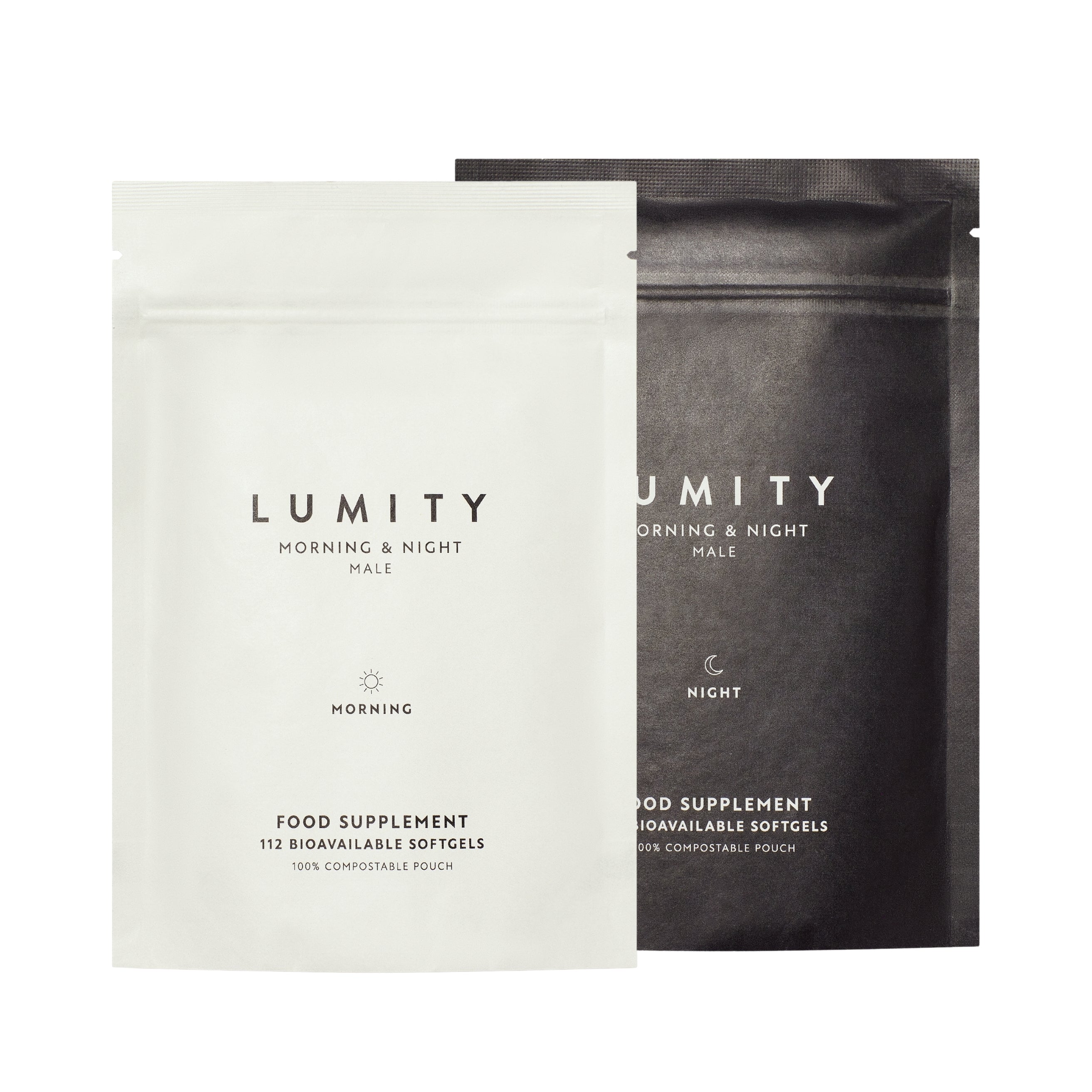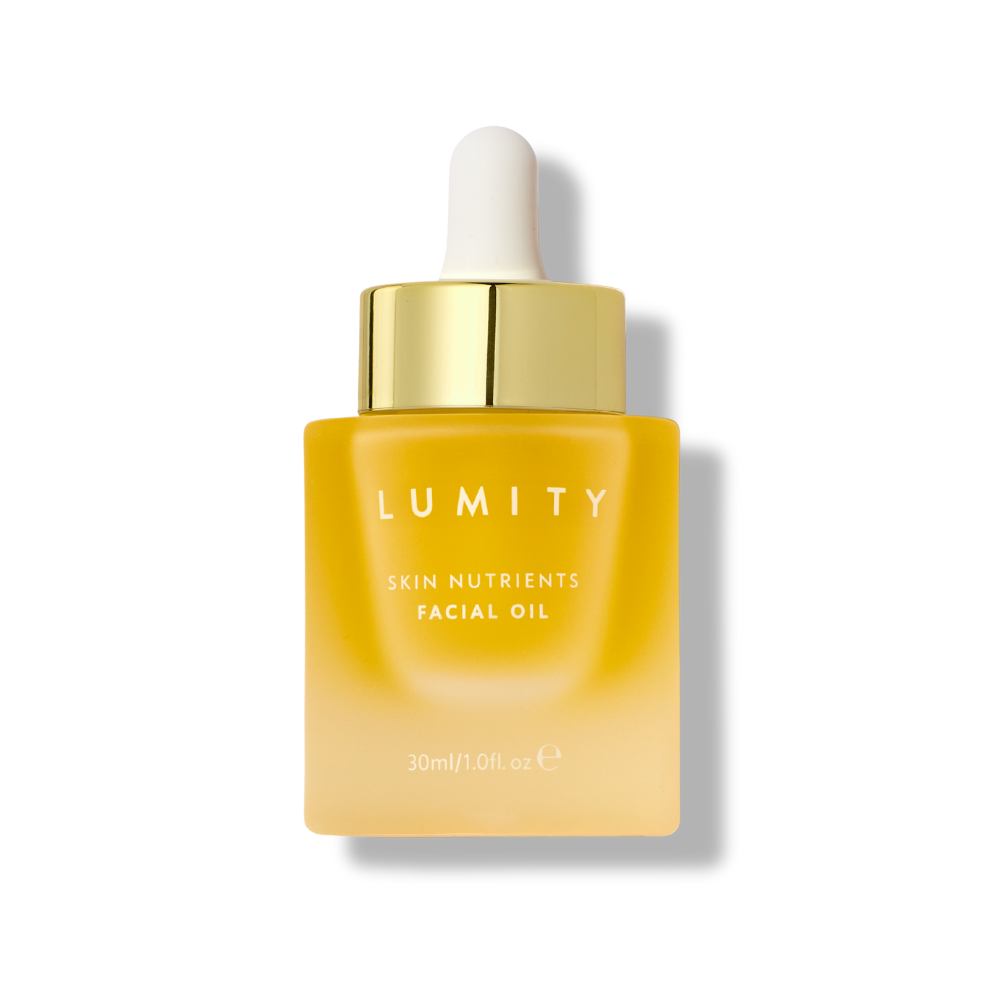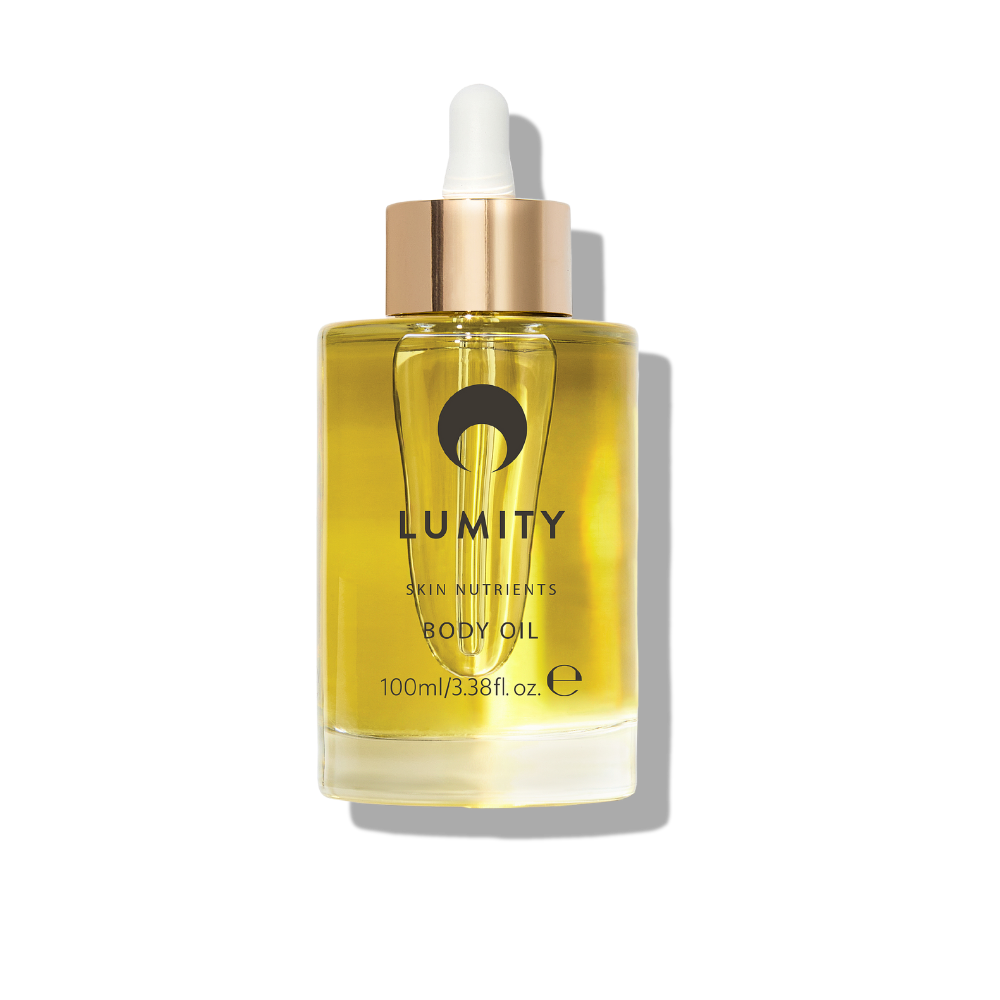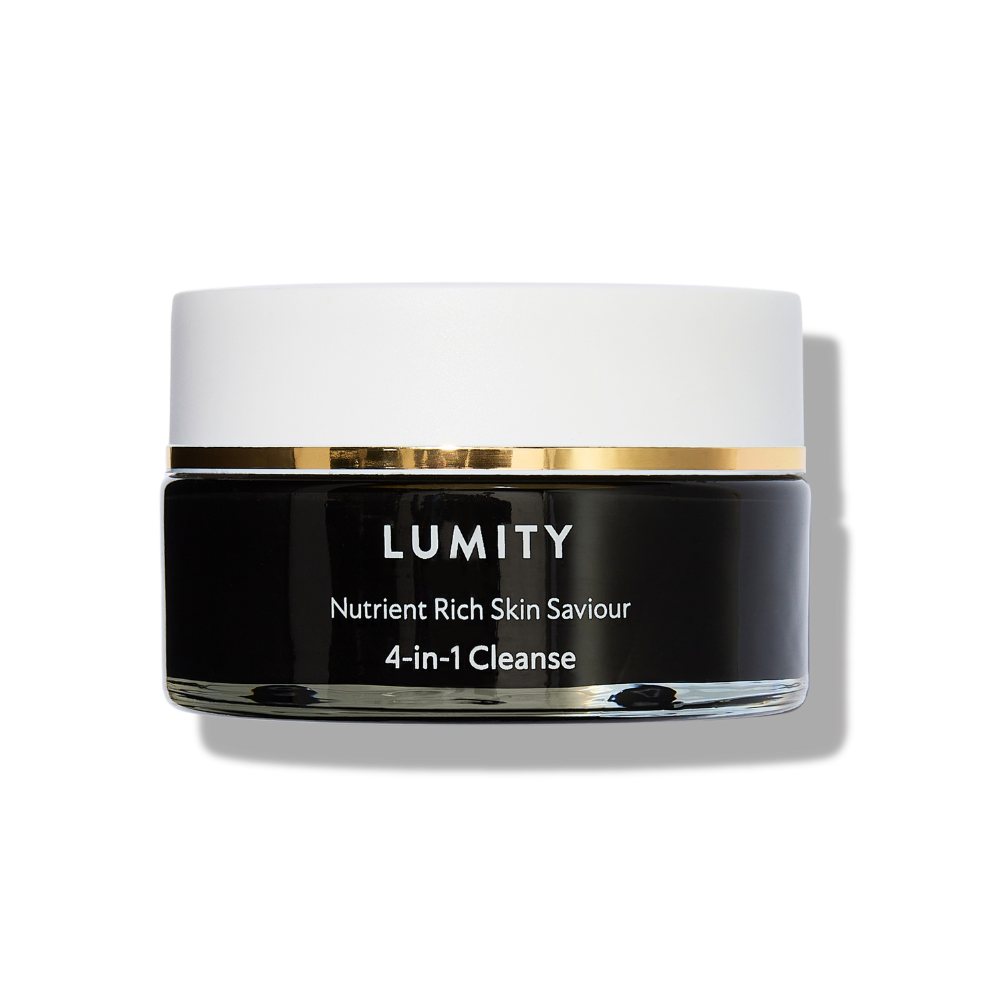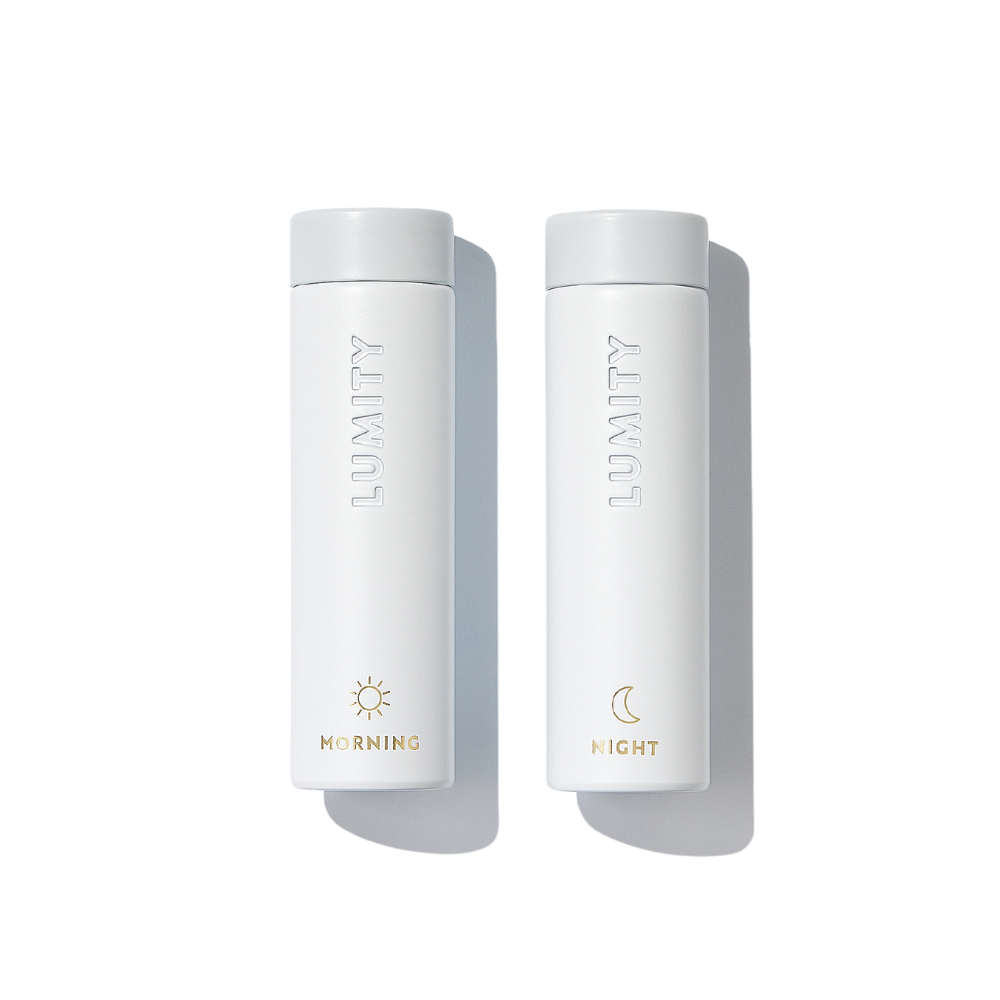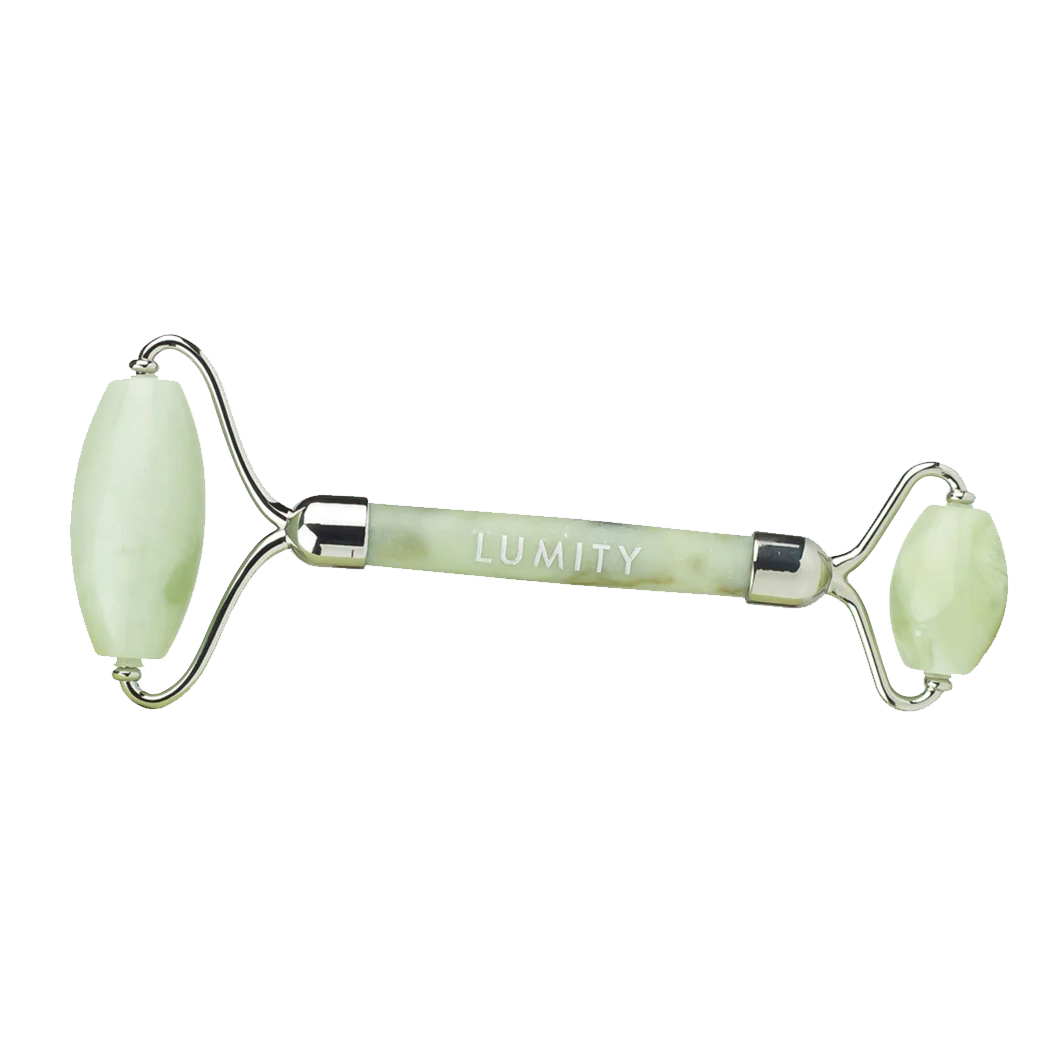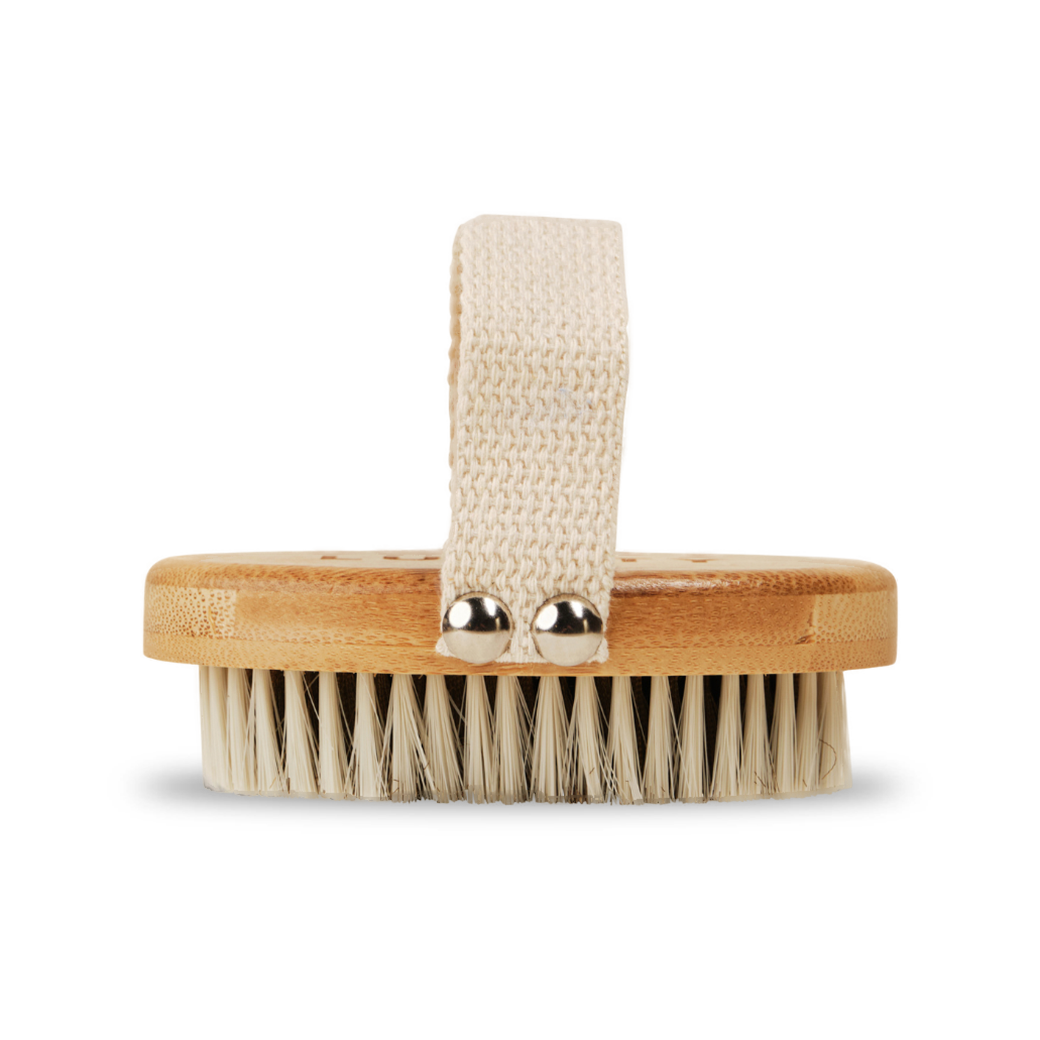Teeming with ingredients known to reduce inflammation and boost energy, immunity, sleep and more, Morning & Night is the only supplement you need to keep you looking and feeling your best.
HEALTH & WELLNESS / 23 April 2025
The Wellness Edit – Look Out for These Chronic Inflammation Red Flags
Author: Rachel Chalmers
Think back to the last time you were sick. Aside from curling up on the sofa to binge-watch The White Lotus, you likely felt tired, achy and out of sorts – a natural inflammatory response to acute infection or injury. Acute inflammation is normal – even helpful – in bodily repair, and nutritionist Lucia Stansbie explains, “acute inflammation is a recovery process that enables the body to repair its tissues and eliminate pathogens,” naturally detoxifying the body and restoring health.
Trouble arises when inflammation in the body persists beyond acute infection, leading to chronic inflammation or ‘high alert’. Dr Rachel Byng-Maddick, a consultant rheumatologist, says, “Any infection or injury will stimulate the immune system to produce inflammation… but it should then die down again. If it doesn’t, and it continues for three months or more, we define that as chronic inflammation.”
A foe to 1 in 5 adults...
While a few scrolls through Instagram will lead you to believe that everyone is navigating some form of chronic inflammation, The Telegraph reports that a (not insubstantial) one in five UK adults report living with the condition. This can stem from autoimmune disease, injury or illness that the body failed to clear completely – instead, the body ‘contains’ the illness and maintains a low level of inflammation for an extended period. According to The Cleveland Clinic, this can lead to increased susceptibility to cardiovascular disease, gastrointestinal issues and neurodegenerative disease – but rest assured, with a few lifestyle changes, the ingredients in our Morning & Night supplement and a visit to the GP for good measure, you can ease inflammation and turn your ‘chronic inflammation red flags’ back to green.

5 Chronic Inflammation Red Flags
If anything in your body feels amiss, it’s always best to visit a qualified medical professional for an assessment. That said, knowledge is power – and knowing which ‘chronic inflammation red flags’ to look out for can help you determine the best way forward. According to research quoted in The Telegraph, persistent symptoms of illness or feeling slightly ‘under the weather’ can signal chronic inflammation. Keep an eye out for these ‘inflammation red flags’:
- Constant fatigue
- Unexplained weight gain or loss
- Skin issues
- Joint or muscle pain
- Recurrent gastrointestinal issues
Adopting a Low-Inflammation Lifestyle
If you recognise one (or more) of the red flags in the above list, simple lifestyle changes can help reduce inflammation and restore balance on a cellular level. From incorporating more fruit into your diet to finding calm in your day-to-day, you can warn inflammation not to overstay its welcome.
Eat fruit. Harvard Medical School suggests consuming berries, apples, stone fruits and citrus – each of which contain compounds like antioxidants, phytochemicals and flavonoids known to reduce inflammation.
Take Omega 3s. According to Johns Hopkins Medicine, Omega 3s, particularly when partnered with Vitamin C, are known to reduce inflammation throughout the body. Our Morning & Night supplement contains both of these nutrients, along with 26 other Vitamins, Minerals, Amino Acids and Adaptogens.
Avoid alcohol. While drinks with friends can soothe the soul, excessive alcohol intake can cause chronic inflammation, according to Mayo Clinic. Try limiting alcohol intake to the recommended amount, or swapping alcohol drinks out altogether in favour of a mocktail.
Reduce stress. The NHS reports that stress is one of the leading causes of persistent inflammation. Delegate responsibilities, hold boundaries and ask for help to reduce stress in your personal and professional life.
Don’t forget to brush. Dental health goes beyond white teeth and fresh breath – bacteria known as P gingivalis can cause inflammation and impact cardiovascular health. Consultant rheumatologist, Dr Byng-Maddick explains, “P gingivalis, a bacteria that has been found in some types of gum disease, is thought to promote antibodies that can lead to rheumatoid arthritis… and certain autoimmune diseases.”

Must Read

From Exhausted to Energized: Why Menopause Disrupts Your Sleep and What to Do About It
To help you get the most out of this new chapter of life, we're taking a deep dive into the science behind sleepless nights during menopause, the real health consequences of chronic sleep disruptio...
Read more
Natural Menopause Relief: The Lifestyle Changes That Actually Work
The narrative surrounding menopause has long oscillated between two extremes: endure it stoically or medicate it completely. Yet between these polarities lies a more nuanced truth that strategic li...
Read more
How to Manage Perimenopause Brain Fog Without Sacrificing Your Career
The executive presentation you're stumbling through. The client's name that vanished mid-conversation. The meeting agenda you drafted this morning but cannot, no matter how hard you try, recall. If...
Read more
